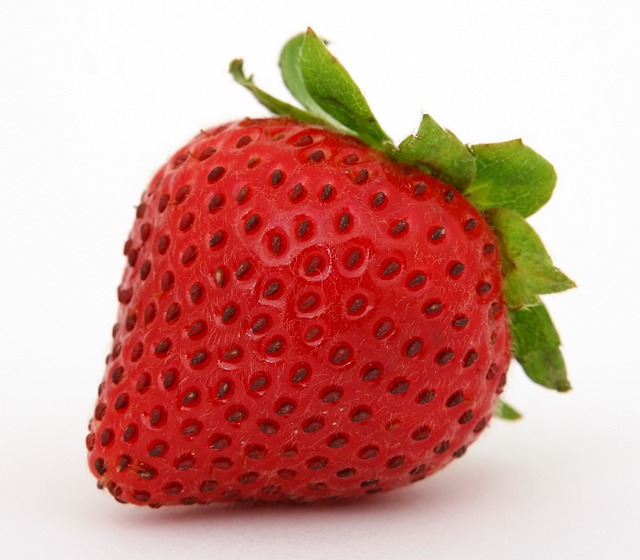Gut Health Beyond Yogurt: Unveiling the Diversity of Probiotic Foods
Probiotics have gained significant attention in recent years for their potential to improve
gut health and overall well-being. Many of us have heard about the benefits of consuming
yogurt and other fermented dairy products that are rich in these live microorganisms.
However, the world of probiotic foods extends far beyond yogurt, offering a diverse range of
options to support a healthy gut.
Kefir: A Probiotic Powerhouse
One such alternative to yogurt is kefir, a tangy and effervescent drink with a consistency
similar to drinking yogurt. Originally from the Caucasus region, kefir is made by fermenting
milk with kefir grains, which contain a combination of bacteria and yeast. These grains
initiate fermentation, breaking down lactose, making it easier to digest for people with lactose
intolerance.
Kefir is known for its diverse probiotic content, containing over 30 different strains of
bacteria and yeast. Some of the common strains found in kefir include Lactobacillus
kefiri, Streptococcus thermophilus, Lactobacillus acidophilus, and Saccharomyces
kefir. These probiotics have been linked to various health benefits, such as improved
digestion, strengthened immune function, and alleviation of certain gastrointestinal
conditions.
Sauerkraut and Kimchi: Fermented Superfoods
Probiotic-rich foods are not limited to dairy-based products. Sauerkraut, a fermented
cabbage dish popular in Eastern European cuisine, and kimchi, a spicy Korean side dish
made from fermented vegetables, are excellent sources of probiotics for those who are
lactose intolerant or prefer a plant-based diet.
Sauerkraut is made by fermenting cabbage with salt, allowing beneficial bacteria like
Lactobacillus to thrive. This process transforms the humble cabbage into a tangy, crunchy,
and probiotic-rich food. Kimchi, on the other hand, includes various vegetables such as
napa cabbage, radishes, and scallions, along with seasonings like chili powder, garlic, and
ginger. As kimchi ferments, it develops complex flavors and a diverse range of probiotics.
Miso: A Traditional Japanese Staple
Miso, a traditional Japanese seasoning produced by fermenting soybeans with salt and a
fungus called Aspergillus oryzae, is another probiotic-rich food worth incorporating into
your diet. It is commonly used in soups, dressings, and marinades to add depth of flavor.
Miso is a natural source of probiotics and contains numerous beneficial bacteria, such as
Lactobacillus and Bifidobacterium species. These probiotics can contribute to gut health
by improving digestion and supporting a balanced gut microbiota.
Other Probiotic Foods to Explore
The world of probiotic foods is truly vast. In addition to the aforementioned options, there
are several other probiotic-rich foods to consider:
- Tempeh: A fermented soybean product originating in Indonesia, often used as a meat substitute.
- Yakult: A popular probiotic drink that contains Lactobacillus casei Shirota, known for its digestive benefits.
- Kombucha: A fizzy, fermented tea that contains a mix of bacteria and yeast, offering probiotic and antioxidant properties.
- Apple cider vinegar: While not a significant source of live probiotics, it is known to support healthy digestion.
Conclusion
Probiotics play a vital role in supporting gut health, and their benefits extend far beyond
yogurt. Incorporating diverse probiotic foods into your diet, such as kefir, sauerkraut,
kimchi, miso, and others, can provide a wide array of beneficial bacteria strains to promote
a healthy gut microbiome. So, don’t limit







